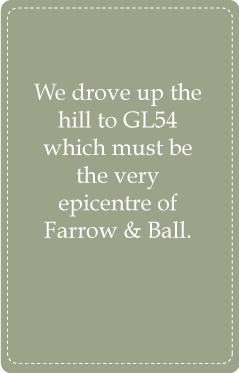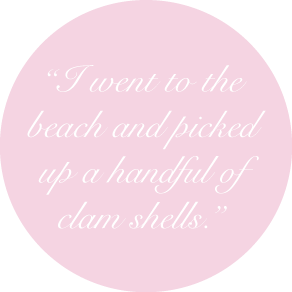Most Popular Blog Posts
As my mother noticed, a programme on tomorrow about "Scotland The Fat" - why Scotland is the second most overweight nation in the world:
http://www.bbc.co.uk/programmes/b03806d5
I will be intrigued to check it out on iPlayer in the coming days to see what it says.
- in which it claims it "uncovers a lack of healthy food available even in some Scottish hospitals." - I would say not "even in" but "ESPECIALLY in".
So I started researching this grotesque and embarrassing statistic:
http://en.wikipedia.org/wiki/Obesity_in_Scotland
Four points I would like to note on above subject:
- In my experience the very places which purport to promote good health are the very places where I often see the highest proportion of obese/overweight unhealthy people, including staff. Receptionists, office admin staff, midwives, nurses: many are overweight, if not rolling obese. [CAVEAT: Not "ALL" I said, just "many". Just in case anyone takes the hump.] This is quite a strange and noticeable sight to me, as most of my friends and family and people that I socialize with are not overweight. We'd rather stay out of the NHS system and look after our own fitness.I have been thinking about this for quite a while, trying to discern why this should be the case. It could be cultural, i.e. the NHS workplace ethic of "Stress" (which I'm sure they do suffer from) = "TREATS" = cakes, biscuits and sugary snacks on their tea breaks. Have you ever watched One Born Every Minute? - it is a festival of cakes, practically one between each birth. Okay, it could foster team bonding, but it is also deeply unhealthy in a workplace trying to deliver health. However it seems that social and economic class (professional/managerial/clerical/admin etc) lie at the heart of the issue. Doctors, GPs and consultants don't seem (in my experience) to be quite as routinely overweight. And they generally occupy a different socioeconomic bracket - one of higher educational attainment, different social and cultural interests, and a more active healthy lifestyle. Remember, we don't want sweeping generalisations here; we want statistical evidence. There is a known statistical link between WOMEN (though not men) of a lower socioeconomic class and rate of obesity. This from the National Obesity Observatory: http://www.noo.org.uk/uploads/doc/vid_7929_Adult%20Socioeco%20Data%20Briefing%20October%202010.pdf Knowing this, I would not trust NHS staff to deliver accurate representations of what constitutes 'overweight' and 'normal', 'healthy' and 'unhealthy' - as, if they cannot maintain a 'healthy' BMI of under 25 themselves (itself not exactly 'trim'), then how can they accurately diagnose unhealthiness in other people, let alone advise them? I was once weighed by an overweight NHS nurse, and as I stepped on the scales I was shocked to see how much I had put on. Certainly I needed to lose a good few pounds, if not more than a stone. I was pushing the upper limit of the NHS 'acceptable' BMI and that for me wasn't good enough. Her response? "Great; you're just within the safe BMI bracket, so you're absolutely fine there." Fine?! - I knew I was quite overweight for me, felt out of shape and wobbly around the midriff, and I was horrified. Not because I want to look like a waif; because I want to be able to run! I wished for brutal honesty, not "that's acceptable for us" from the NHS Statistics Board. I imagined that if I had been weighed the same day by a fitness coach, he or she would've told me, "YOU ARE OVERWEIGHT AND UNFIT! Lose it, now!" - that would've been more realistic and welcome. The question for the peeps at the top of the NHS Boards is: Do we want to be 'acceptable' or do we want to be brilliant? Mentor: Amy McWilliam my 12-stone NHS Health Advisor, or Andy Murray? Know who I'd choose.
- On a more recent trip to a Scottish hospital I was told I needed to be weighed. "Great, where are the set of scales?" I asked, only to be told, "Er, no, we can't use those anymore. You have to sit on this chair weighing machine... It just makes it...'easier' all round," the nurse politely said. She didn't specifically say so, but the reason for the new 'sit-on' weighing machine is THIS:http://www.medical-specialists.co.uk/news/2011/06/30/nhs-buys-bigger-scales-to-weigh-the-obese/- rising obesity levels and increased public money spend on specialist bariatric equipment. This money could be spent on educating the nutritionally illiterate.
- Sugar it seems is the main problem; it is cheap, extremely profitable to food companies when converted into 'value-add' end-products, and also a highly addictive substance. You can buy Coke in hospital. I was there. In the maternity wing, there is nothing to stop you buying cola and crisps from a privately-managed shop. Recently I have spotted quite a few ethnically-Indian families in Scotland buying multi-pack cans and bottles of that cornerstone of the Hyperglycaemic Scottish Diet: Irn-Bru! - which is quite a bizarre, yet worrying sight, for an ethnic group that used to pride itself on eating lots of healthy home-made vegetable and meat dishes. Anyhoo, I gave up drinking Irn-Bru years ago when my Chemical Engineering lecturer at university told me it had a pH of about 2.5 or something...Let's face it, we are all addicted to something, whether it's caffeine, chocolate, the gym, partying, work, dieting, social media, being in a relationship, occupying the moral high ground (;-) LOL; certain newspaper readers, take note) ...only for God's sake let it not be sugar! There is sugar in everything these days: chocolate, puddings, cakes, fizzy drinks, fruit juice, bread, yogurts, even so-called 'healthy' breakfast cereals. You should avoid any substance that contains more than 9g of sugars per 100g. I stopped eating All-Bran after my hospitalisation post-childbirth when I realised it contained a whopping 18g of sugar per 100g! In fact I gave up breakfast cereal in general, as in my opinion it seems to be the worst offender of hidden sugars that cause 'creeping weight gain'. Stick to the egg. There is a horrendous amount of sugar in alcoholic drinks too. Cider and pints of lager are the worst. Yet we all guzzle wine and beer like it's going out of fashion, oblivious to what a portion size (or glass size) is anymore. FACT. Would we rather feel fit and healthy for a week? or would we rather feel inebriated for an hour or two? All life is a choice. But choice takes effort and discipline, and maybe that is where so many of us fall down.
- Two further recent phenomena spring to mind, as we race against the incoming tide of obesity. One is the rise in trend over the past 15 years of what I call 'flexible womenswear' as stocked primarily in supermarkets, M&S, Gap and Matalan - i.e. the recent acceptability (I hasten to call it 'fashion') of SACKS, i.e. smock tops, tunics, baggy dresses, untucked shirts, low-cut slouchy t-shirts and expanding-waist elasticated leggings. Are we going down the American route? No one of the female gender wears a belt any more. And certainly not a 24" one! Very fitted tailoring is the reserve of skinny model receptionists and PAs who can afford designer sizes. No woman of a certain class or lifestyle wears anything that defines her waist - at least not that I have seen. Society has changed so that we don't have to. We can all wear 'leisure wear', and socially no one will care or bat an eyelid. Waistlines are expanding, and we are all getting fatter. Realising that this was where we are going, now I make a point of wearing a belt, and that ensures I don't pile on too many excess pounds around the girth.Second is the surely irrefutable fact that clothes are now accommodating this phenomenon to ease the blow to our body self-image. Let us suppose for argument's sake that I am a notional ladies' size 11, that is, midway between a too-big 12 and a pretty fitted size 10. (I'd be a 10 if I lost the spare pounds.) Last week I tried on a size 12 vintage zip-up dress from 1986, and I was surprised to find that I couldn't zip it up: my chest and back were too big for the garment. But these days I know that if I shop in Marks & Spencer, or really any high street ladies fashion chain, that the size 12 will generally look incredibly unfitted, unflattering and hang like a sack on me. So I recently ran towards the size 10 of a pair of pyjamas in M&S, thinking they'd be just right. Result? - even they 'hang like a sack' on me and are too big. What a disaster. In the 1980s I would have been a size 14, in the 1990s a size 12, and in the 2010s I am reduced to thinking I am a size 8. Ha, what a joke. Therefore sizes are expanding to accommodate our expanding body shape so shops sell more! How dishonest; how frightening!
- Andy Murray.
- Sir Chris Hoy.
- Munroes. Specifically, being able to scale them.
- Wilderness.
- Forests.
- Oatmeal.
- Fresh fish.
- Turnips.
- Kale.
Scotland’s Obesity Problem
196738 Loves
Remember You Are Top Of The Class
196746 Loves
Edinburgh
196750 Loves

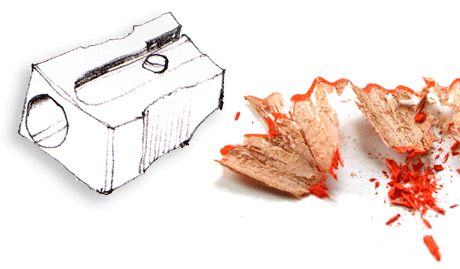
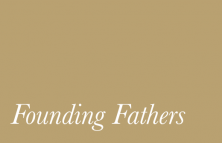
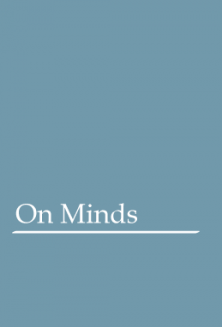
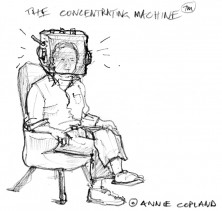
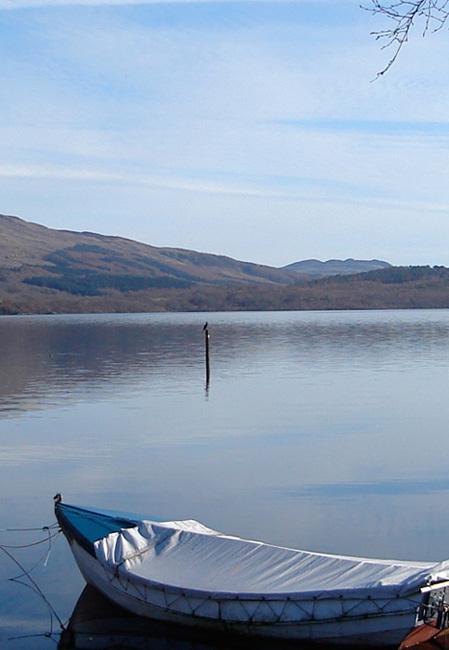
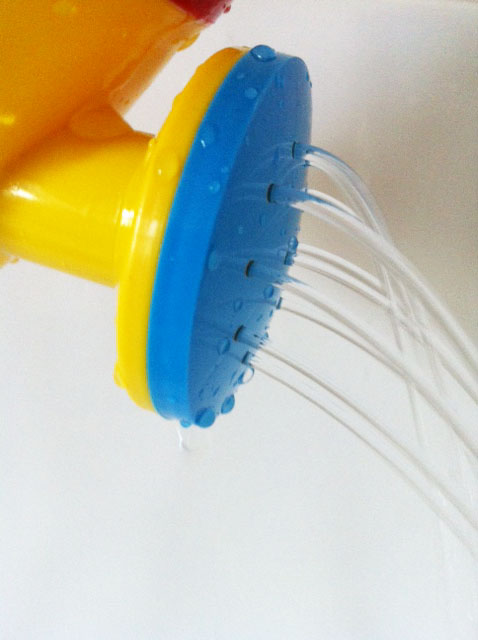
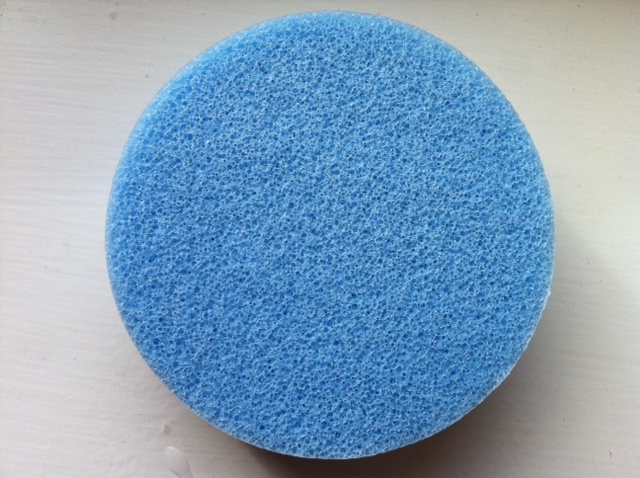

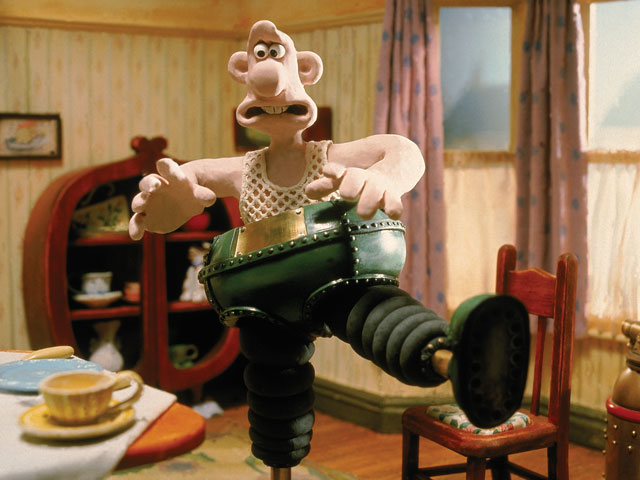












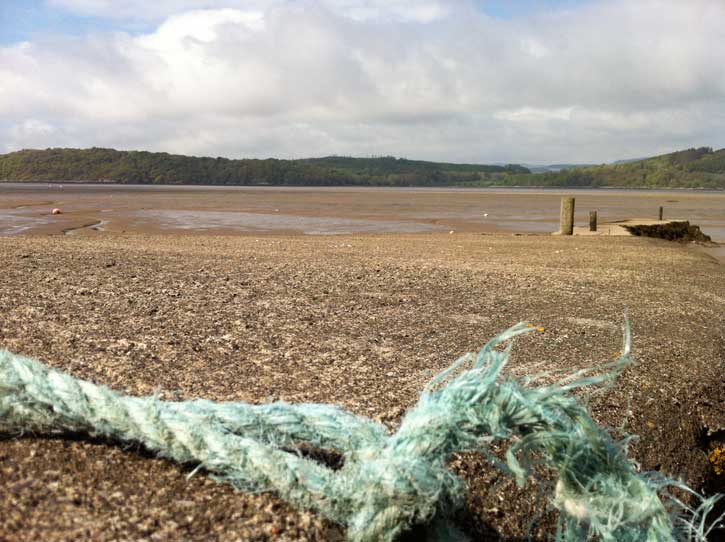
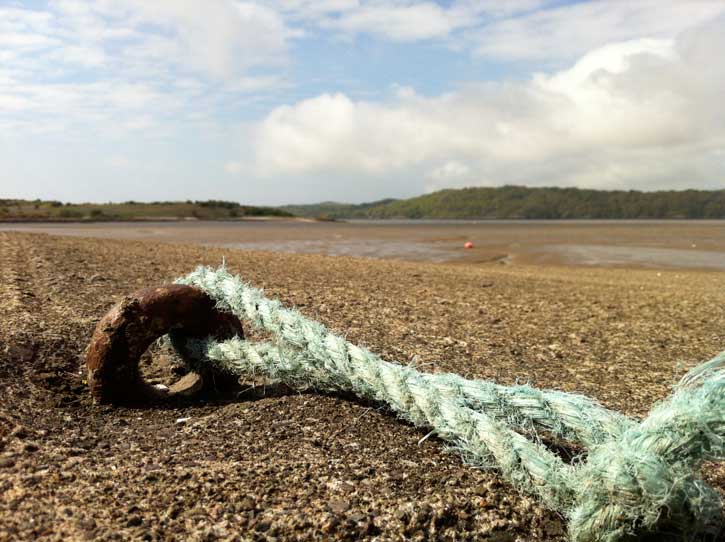
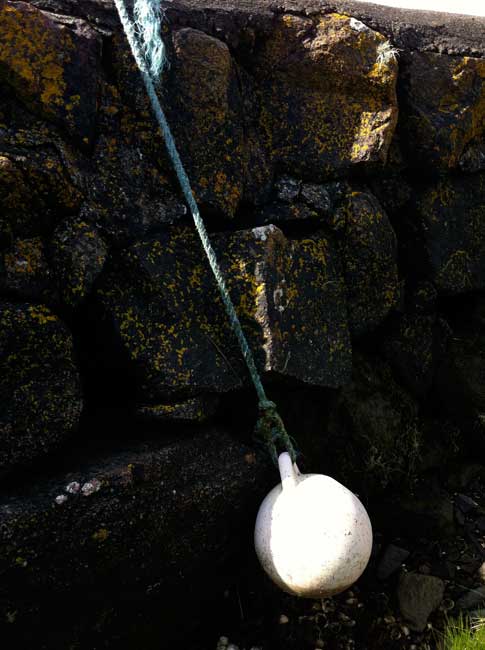





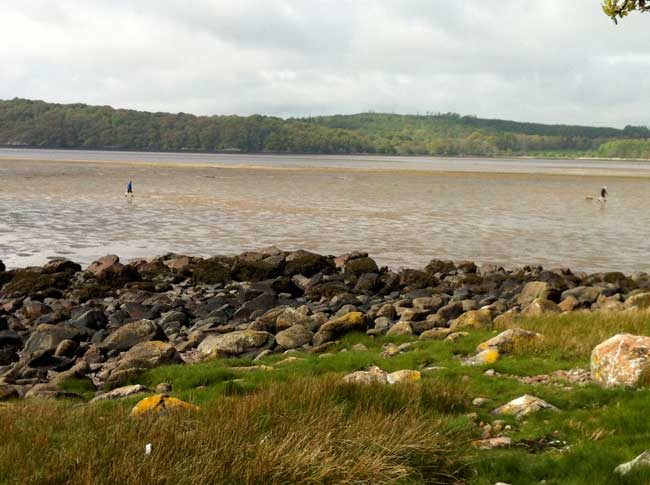

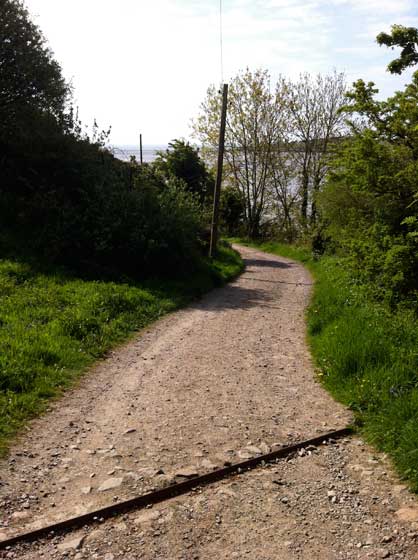












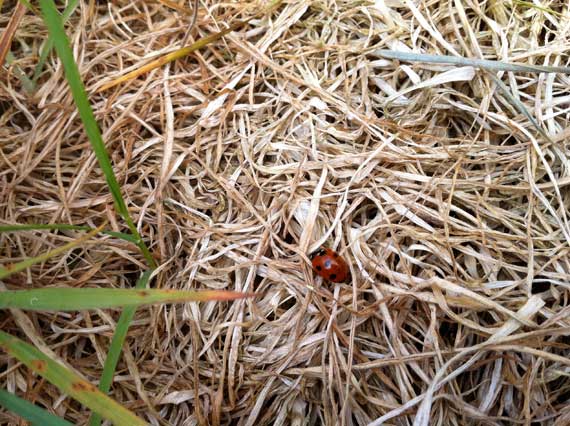









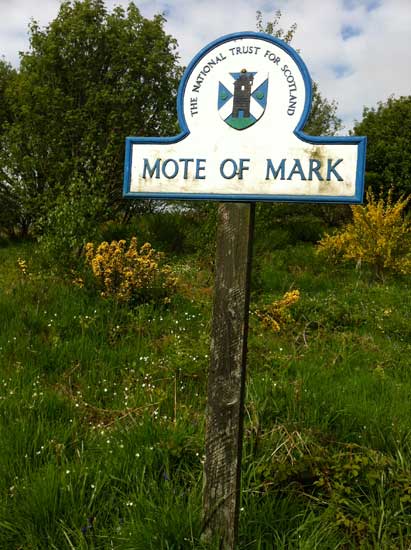



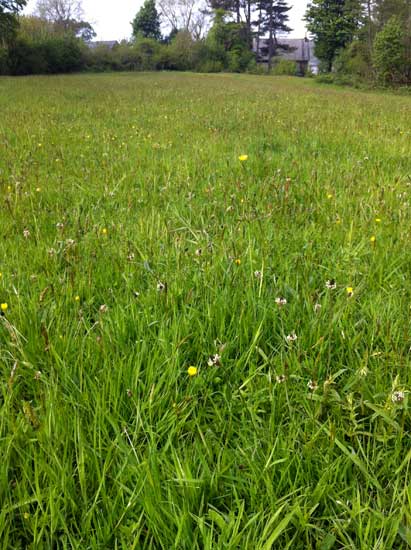
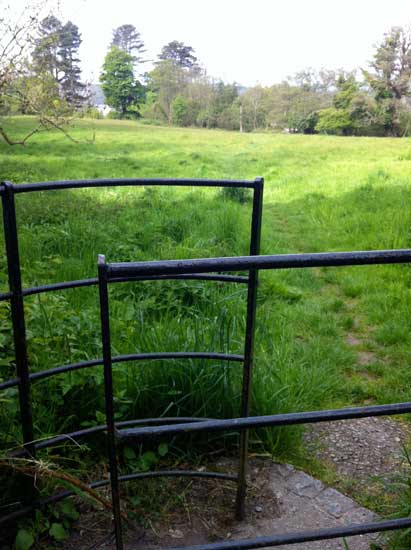





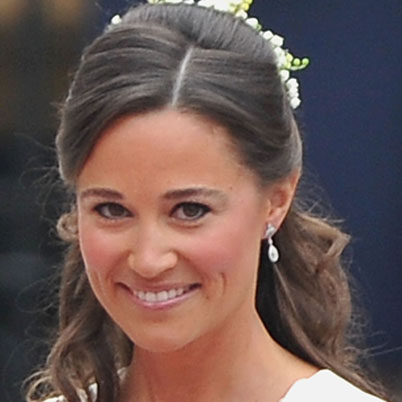
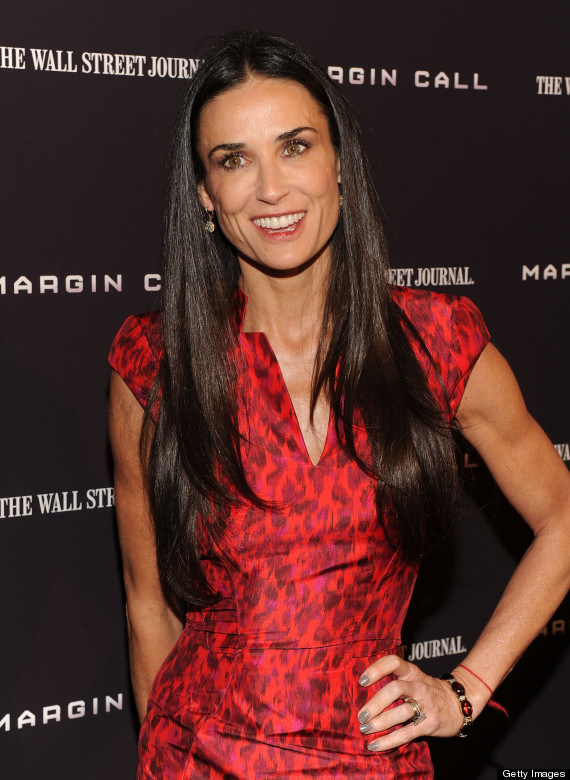
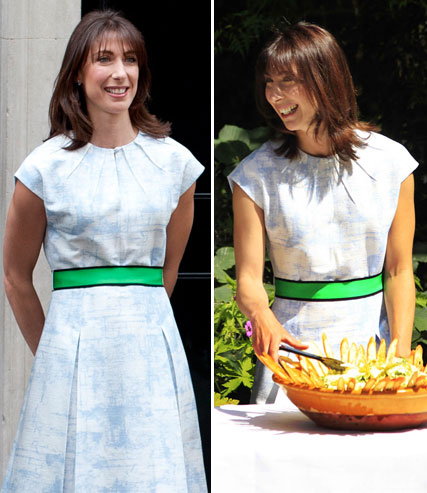
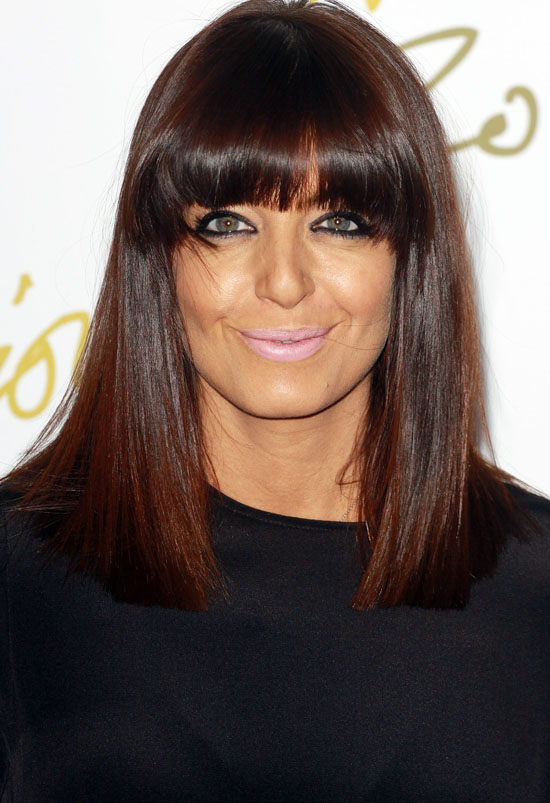





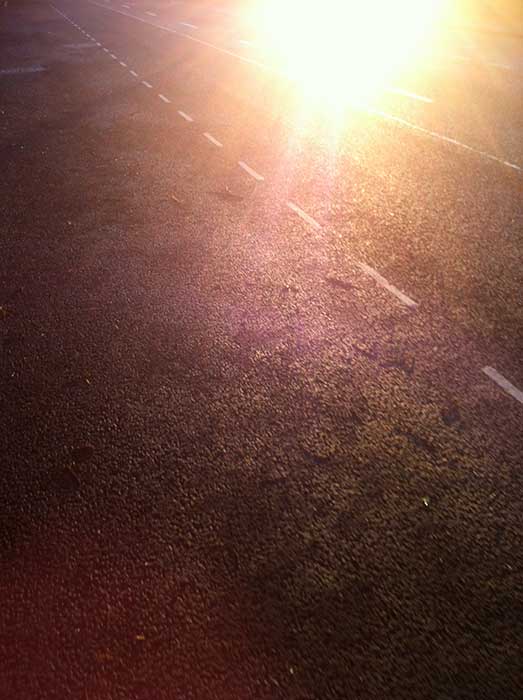



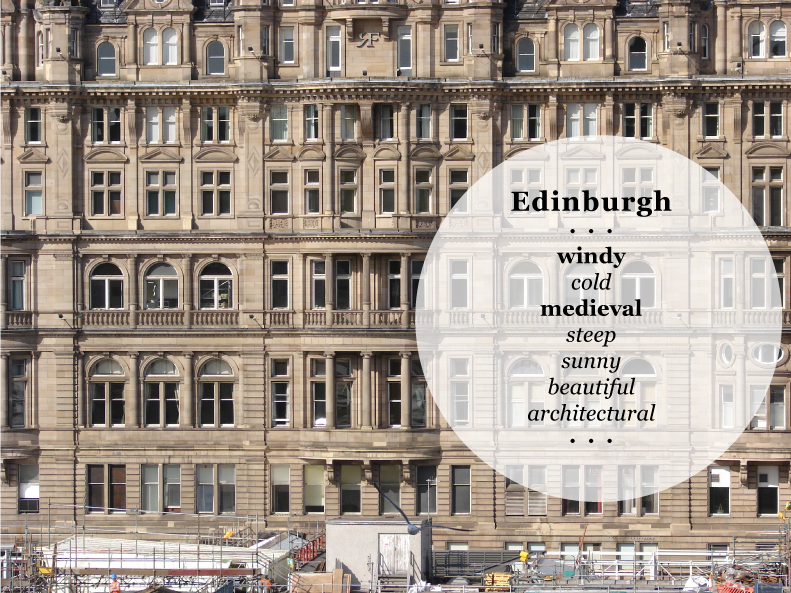
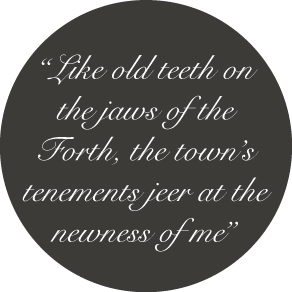 It is full of tourists, trams and tartan. I can't claim to be over-enamoured by the latter two; however I do quite like the tourists. I have always lived in a touristy location so I think I would actually miss them if I lived in a place without them. They are fascinating, with their cameras, languages, customs and expressions of wonderment - so in a way making me feel less blasé about the place where I live.
I used to live by the beach. But we can't live at the beach forever. Jobs and education take us inland, to the smoke and to the bright lights. My ancestors and relatives practically all lived there, romanced there, studied there, worked there in offices. It seemed small and cultural and full of interesting old craggy shapes to draw.
And that was how I moved to the city.
It is full of tourists, trams and tartan. I can't claim to be over-enamoured by the latter two; however I do quite like the tourists. I have always lived in a touristy location so I think I would actually miss them if I lived in a place without them. They are fascinating, with their cameras, languages, customs and expressions of wonderment - so in a way making me feel less blasé about the place where I live.
I used to live by the beach. But we can't live at the beach forever. Jobs and education take us inland, to the smoke and to the bright lights. My ancestors and relatives practically all lived there, romanced there, studied there, worked there in offices. It seemed small and cultural and full of interesting old craggy shapes to draw.
And that was how I moved to the city.
 Annie
Annie